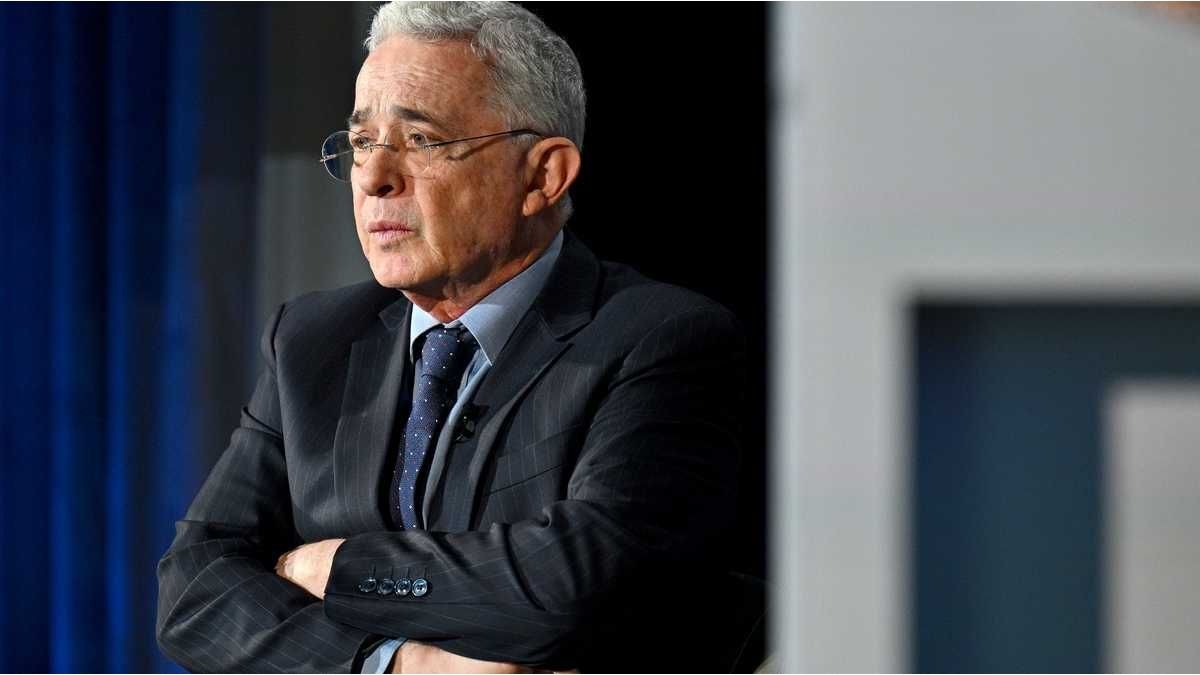Menu
E-cars: “Price war”: Volkswagen is waging a tough fight in China
Categories
Most Read
Survey: Many people buy Advent calendars for themselves
October 22, 2025
No Comments
After 55 years: the last Ford car in Saarland will soon roll off the assembly line
October 22, 2025
No Comments
How the real economy arrives at the 2025 legislative elections
October 21, 2025
No Comments
More than 96% rule out creating jobs in the face of greater uncertainty
October 21, 2025
No Comments
Emissions trading: Brussels wants to prevent price jumps for refueling and heating
October 21, 2025
No Comments
Latest Posts

Return of Jérôme Boateng: FC Bayern is creating a problem for itself
October 22, 2025
No Comments
morning star FC Bayern is creating a problem for itself The possible return of Jérôme Boateng is causing unrest in Munich. News about the Louvre

Controller conference in Steyr: from AI to integrity
October 22, 2025
No Comments
Less income and more expenses than planned Heimo Losbichler This year, the fee-based conference is all about overcoming difficult times through strategic clarity. Heimo Losbichler,

The Superior Court revoked the conviction of Álvaro Uribe for bribery and procedural fraud
October 22, 2025
No Comments
October 22, 2025 – 00:07 The ruling annulled the twelve-year prison sentence against the former Colombian president and questioned the assessment of evidence in the
24 Hours Worlds is a comprehensive source of instant world current affairs, offering up-to-the-minute coverage of breaking news and events from around the globe. With a team of experienced journalists and experts on hand 24/7.

